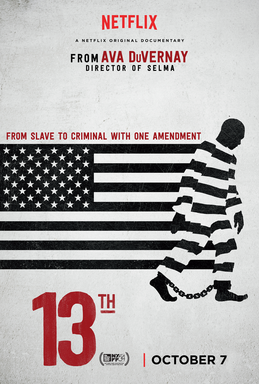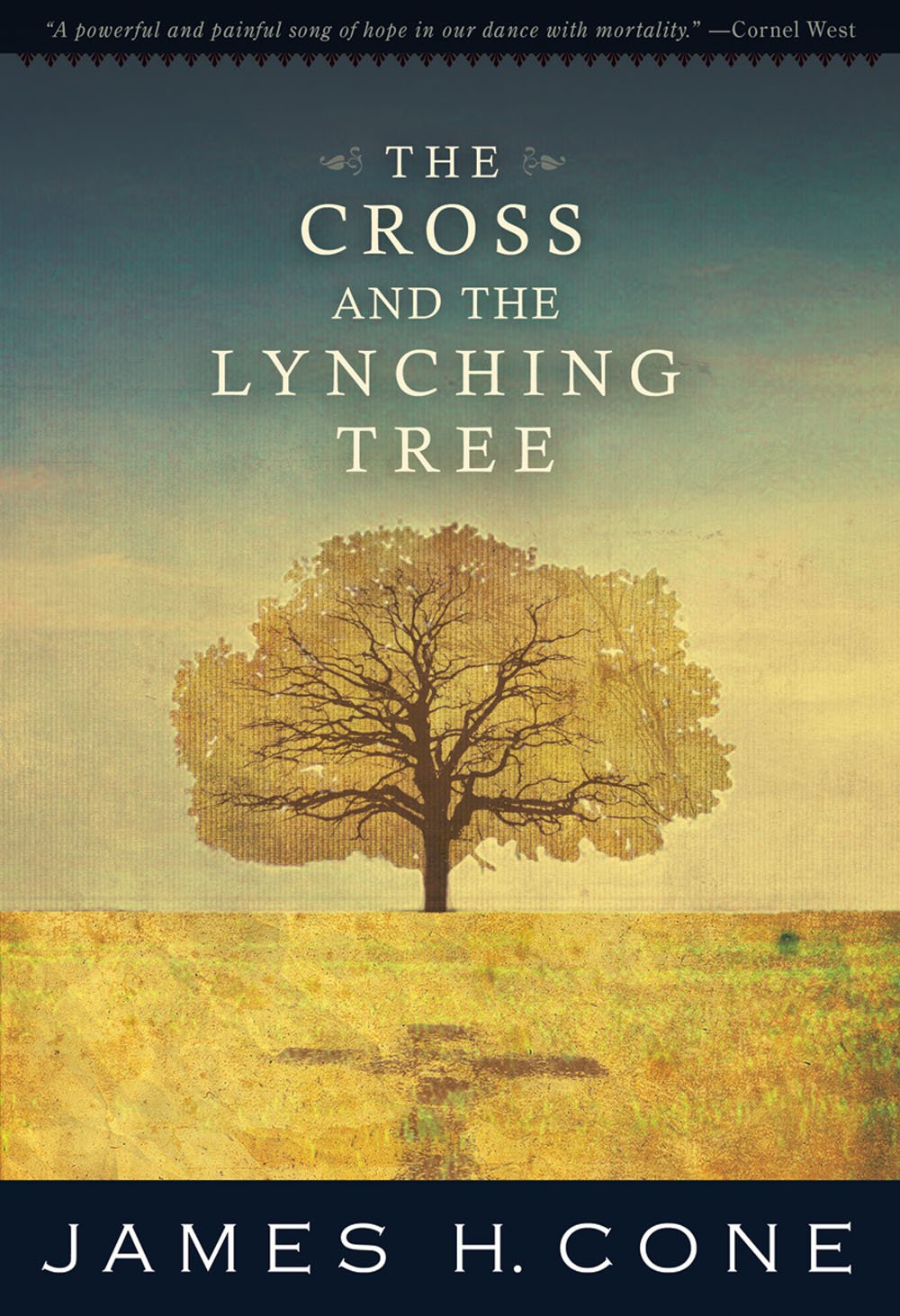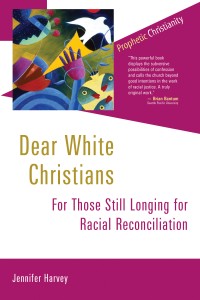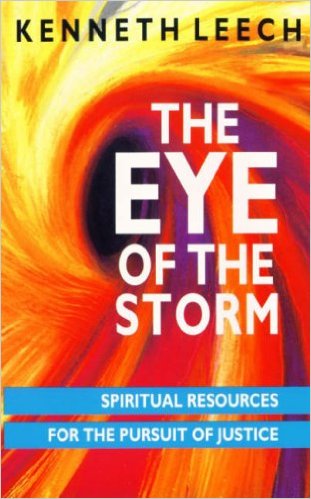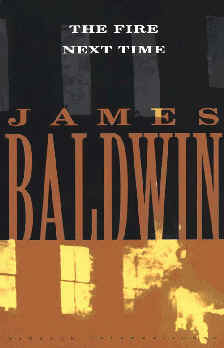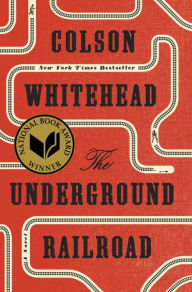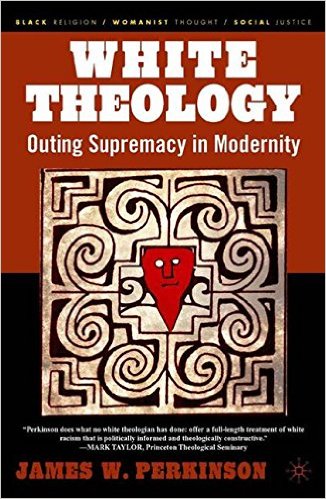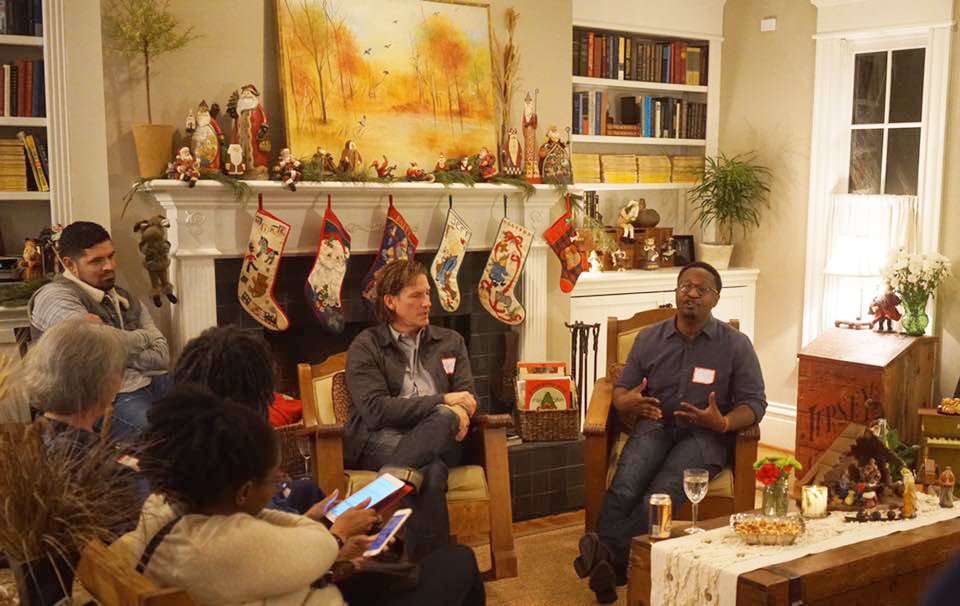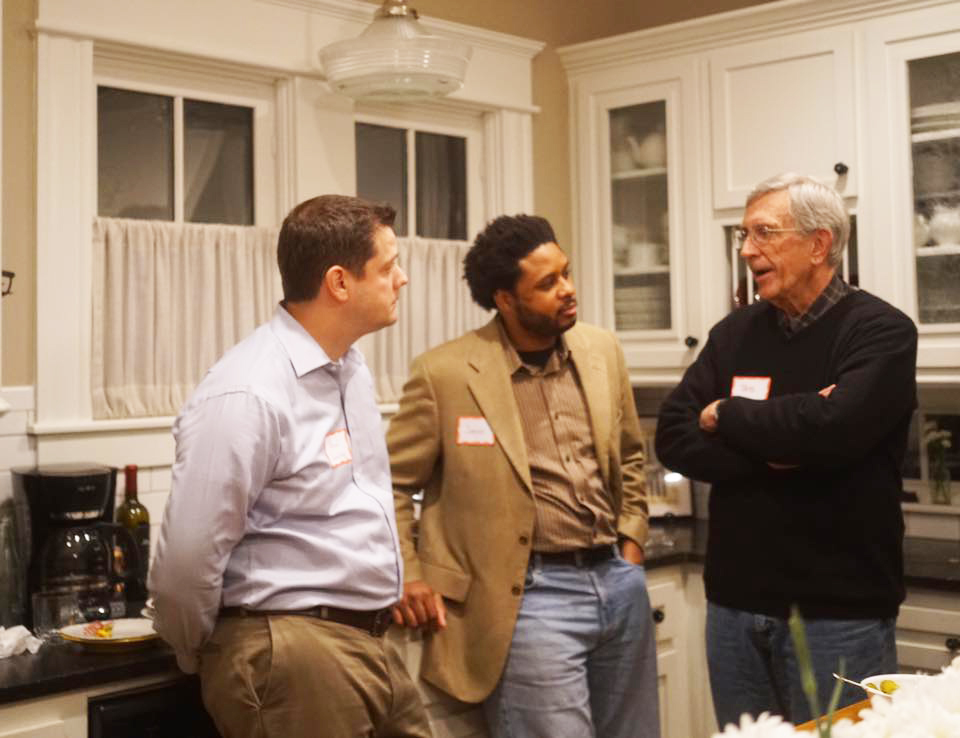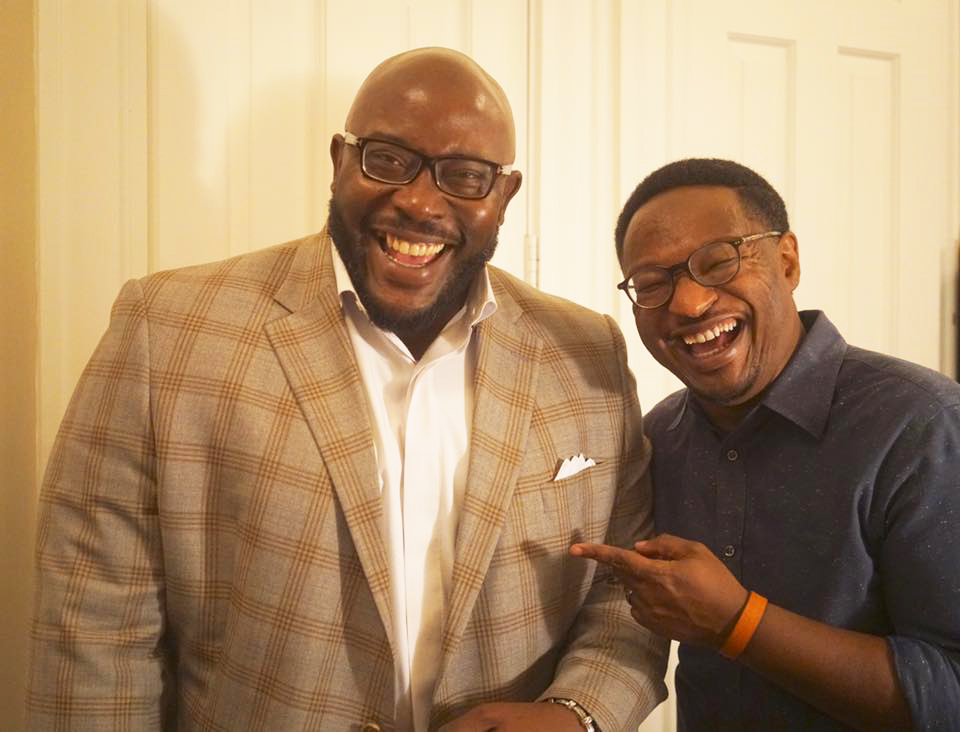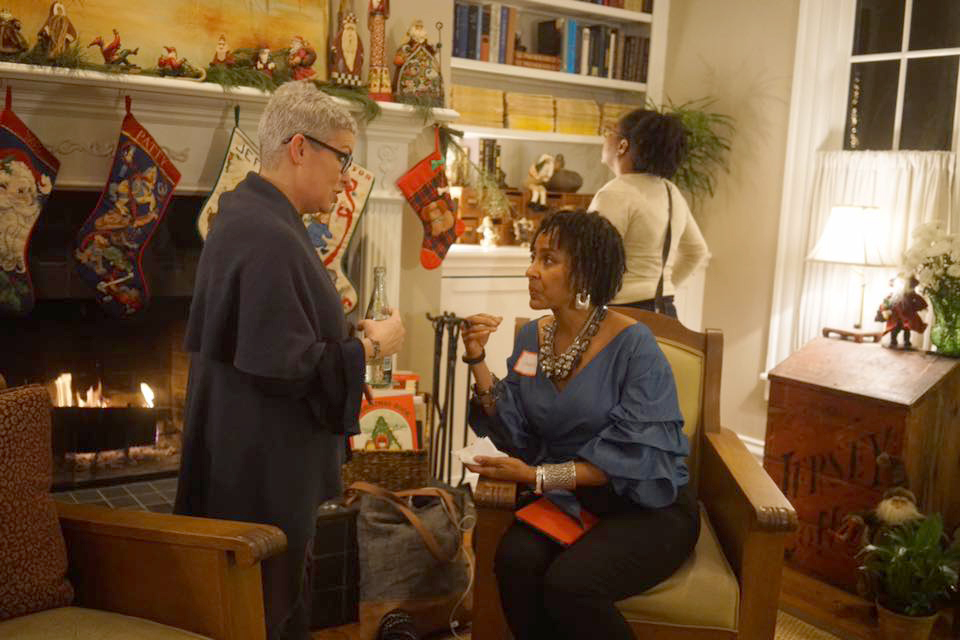Matt and Cleve at Cambridge
We finished our course at Cambridge and have come to the second leg of our journey at The American Church in Paris. Cleve and I will give the Thurber Lectures in the coming days. The Senior Pastor of ACP, Scott Herr, is a dear friend and an older brother of sorts. I was his intern in Mexico City, a life-time ago, when I was contemplating my call to ministry. Like most things in my life, it was messy and Scott was a voice of joy and wisdom.
Cleve preaching at The American Church in Paris on Martin Luther King, Jr.'s birthday.
On Sunday morning, Cleve preached a prophetic sermon out of the legacy of Martin Luther King, Jr. but oriented towards the particular set of tensions that we find ourselves in today. It was fantastic and will be posted on the ACP website soon.
In wrapping up this blog, I have been thinking about the claim that the gospel has on us as a community. There is a way of conceiving the gospel that ‘puts things right’ in the world, that gives an order to the chaos, that insulates us from the depth of historical and global pain that all too often seems distant. A pain that we can turn away from. And while this is a theme that runs through the biblical narrative, often it is employed in a suburban way that puts us to sleep, that anesthetizes us from the pain our city, our country, our world.
But Jesus also talks about bringing a “sword” (Matthew 10.34), a division that is present in the coming of his kingdom. From this perspective, the gospel becomes a counter narrative to social, political and racial forces that shape so much of our current cultural dialogue. The gospel as “sword” creates a division not so much along the lines of what we believe, but what we do. In other words, there is a material cost, a relational cost, a social cost to the gospel that I have been able to sidestep most of my life through focus on “right belief.” Now don’t get me wrong, critical thinking when it comes to matters of faith is important – but it has easily become a distraction to materially locating ourselves with “the widow, orphan and immigrant.”
“The gospel as ‘sword’ creates a division not so much along the lines of what we believe, but what we do.”
As I see the political divisions play out across the the globe (the tension is felt here in France and Germany in their upcoming elections) and in disorienting ways within our own country, those who are called Christian can no longer be known through a belief system that is elegant and “true.” The coming days will will call us to be found in the world as a counter narrative of resistance to the forces of racial division, economic disparity and educational access. It will be the recognition that Jesus is not so much “in the church” as he is given in solidarity “to the world” that he loves.
Solidarity might look like nurturing improbable friendships with those who have experienced addiction, prostitution and homelessness (and a thousand others). All of this will take on forms of resistance in the coming days that will cost us our lives (security, reputation, well-placed identities), and it will be here that we will find this paradoxical truth of Jesus to be true, that it is only in losing our life that we find it (Matthew 10.39).
I am deeply grateful to be in a community like St. Paul’s that continues to push my faith to the edge of its existence. Paris is a spectacular place but Houston is where my community is, where my heart has taken root and where I will work out my faith with you in these coming days. Glory be to God.








